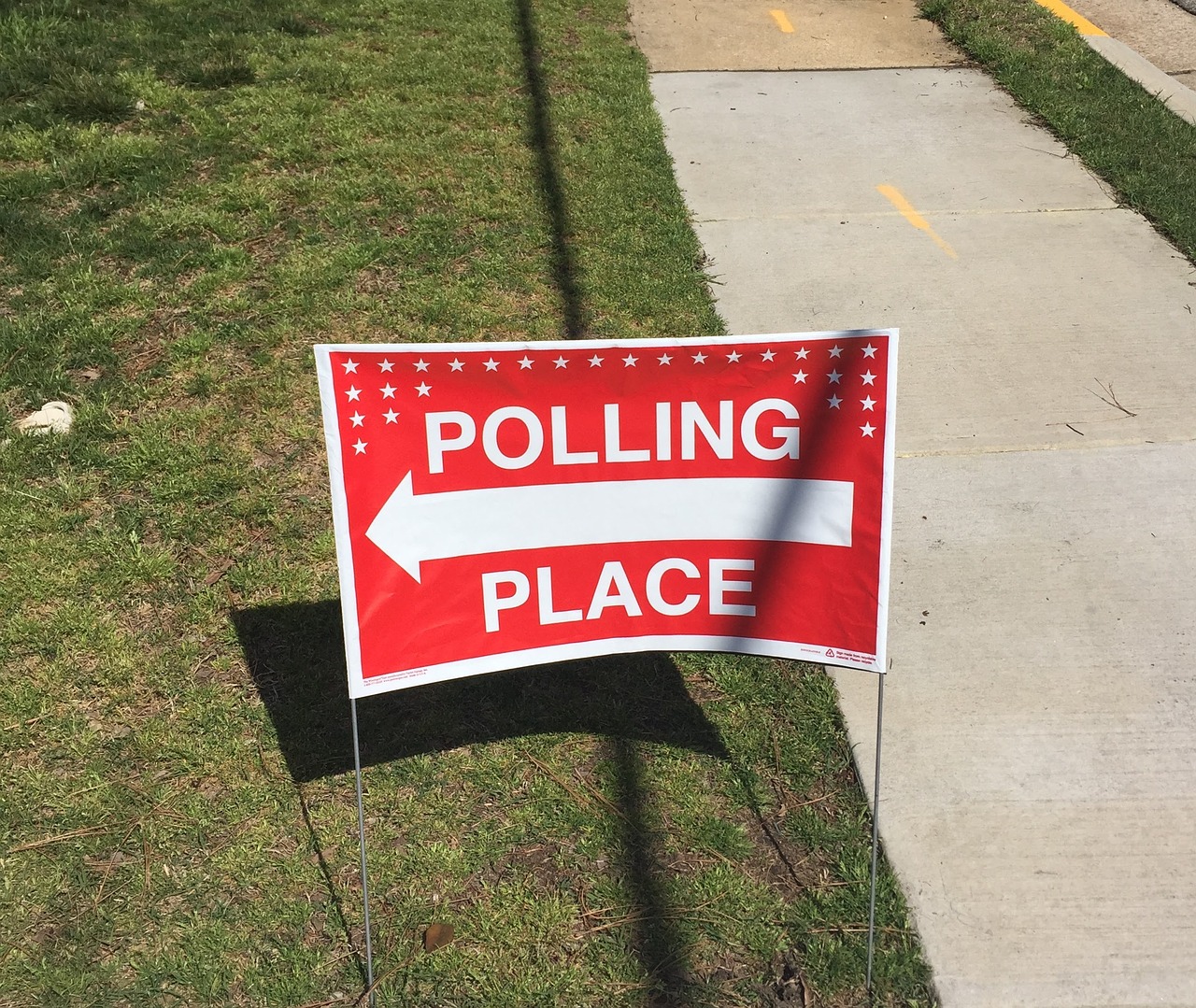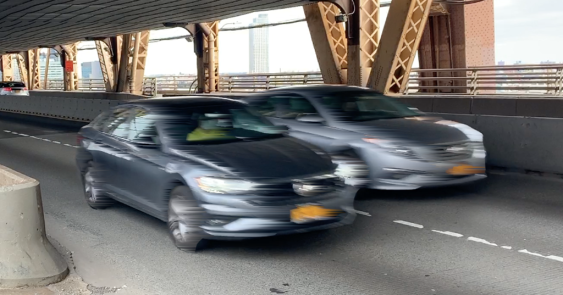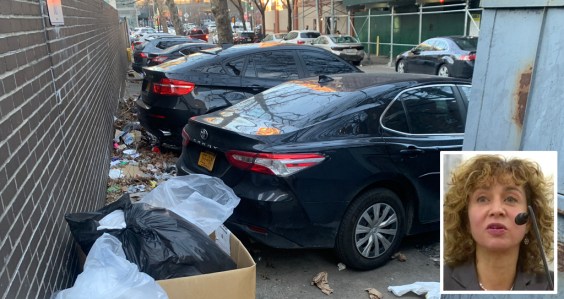The future of American transportation is on the ballot tomorrow — and not just in the presidential candidates' infrastructure plans.
As the coronavirus pandemic continues to ravage transit — the lifeblood of our cities — voters will weigh in on a slate of historic measures that could shape our climate future and pandemic recovery. Some of the measures could inspire others across the country.
Here are 10 ballot measures to watch:
California
Proposition 22 might be the most transformative initiative on the ballot this November — yet it has nothing to do with infrastructure.
Prop 22 would exempt app-based transportation providers, including Uber and Lyft, from having to classify their workers, now considered "independent contractors," as employees — thus saving the ride-hail giants from having to pay toward their "gig" workers' healthcare, unemployment benefits, and more.
The proposition is an affront to the hard-won gains of the labor movement, as well as a handout to a multi-billion industry that increases congestion, emissions and vehicle miles travelled, without denting private-car ownership or lessening traffic violence. In an op-ed for Streetsblog California, UC Berkeley-based researcher Adam Stocker urged California voters "to vote no on Prop 22...to help foster outcomes that empower workers and reduce environmental harm"; if it passes, it could become a dangerous template for other states.
Northern Californians will also vote on ballot Measure RR, which would create a sales tax that would provide dedicated funding source for Caltrain, the region's commuter railroad. Streetsblog San Francisco praised the measure for its potential to transform the service "from an expensive, 9-to-5 oriented American-style 'commuter' railroad with hour-long gaps in service" to a regional amenity with frequent service, a "universal and rational" fare structure, and a schedule that better coordinates with the Bay area's transit providers. Many regional commuter lines need exactly that kind of a makeover — and if it works as designed, RR could stoke broader reforms.
Georgia
Streetsblog has covered Gwinnett County's quest to connect Atlanta's largest suburb to a meaningful transit system for years. Voters have rejected public transportation in the region since 1971, mostly because of racist fear-mongering. In recent years, however, local politicians have changed tactics, proposing (as yet unrealized) autonomous vehicles as an alternative to buses and trains. Yet despite some promising signs, voters defeated a referendum that would have expanded light rail, bus and other transit service just last year.
This year, however, Gwinnett County's transit referendum could pass because of higher voter turnout. Only 17 percent of the voters showed up at the polls last year; the measure failed by just four points. In a presidential election year, some think that Democratic voters, who tend to support public transportation, will show up big. Transit boosters should take note.
Montana
Big Sky Country doesn't come up often the transit beat, but the college town of Missoula, Mont., could buck the trend. The Mountain Line mill levy increase would enhance and expand the region's innovative Zero Fare program, which funds public transportation as a basic service. The levy would expand late-night, early-morning, and extended-weekend service, and start conversion to an all-electric bus fleet. If Missoula passes the measure, small communities across America should pay attention.
Oregon
Portland-area voters have much to consider when the cast their votes on Measure 26-218 (also known as Let's Get Moving Portland), which would expand transit, biking and walking improvements to historically underserved areas, although the measure also supports questionable auto-focused projects such as quicker access to the Portland airport's parking garages. Let's Get Moving is innovative as a payroll tax on the region's largest corporations, which stand to benefit from their headquarters' proximity to well-connected, accessible, and (mostly) sustainable transportation.
The corporations, of course, hope to defeat the measure — top spender Nike has dropped $390,000 on lobbying so far — although they claim to support the expansion of transit to historically underserved neighborhoods. We'll see if they win. Other communities might consider getting big companies to pay their fair share of services that support their businesses.
Texas
Everything's bigger in Texas — except public transportation. But a new ballot measure in Austin, Project Connect, seeks to double the region's light rail, bus and bikeshare services while devoting funds to anti-displacement measures that would help vulnerable neighborhoods resist gentrification. The program could inspire other fast-growing metros to adopt more progressive housing policies with progressive transportation investments.
Washington
Pretty much any transit measure that passes tomorrow will help address the effect of COVID-19. But Seattle voters will decide on a measure with a controversial coronavirus catch.
If Emerald City voters approve the renewal of the Seattle Transportation Benefit District sales tax, they'll also be approving a service reduction across the bus network that would more heavily concentrate service in communities of color. It's a response to the pandemic, which has forced the local agency to enact harsh cuts that stranded essential workers.
If the measure passes, it will be interesting to see whether Seattle's transit triage will keep the city moving. If it doesn't, Washingtonians, like the rest of us, will be waiting on federal relief.





